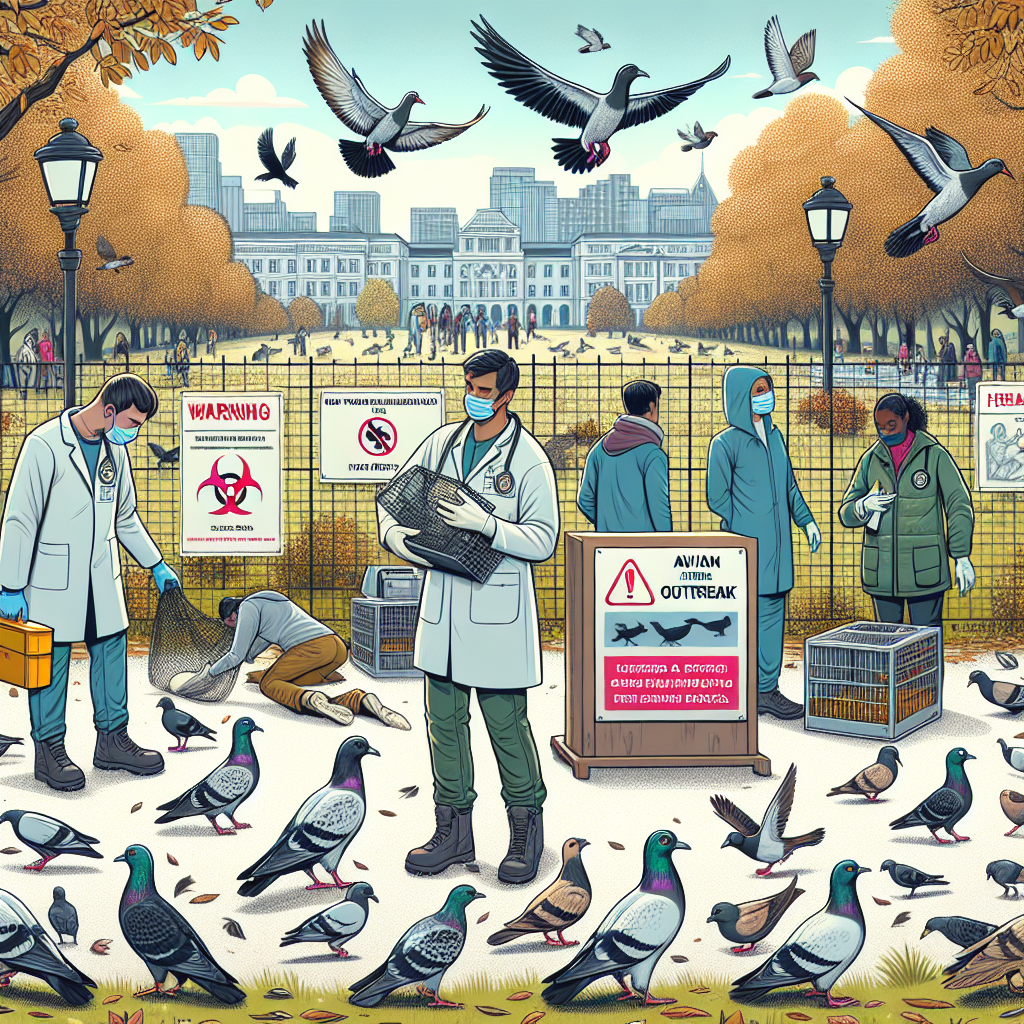Progress Made in Avian Influenza Response in Otago, But Challenges Remain
“Rigorous testing and monitoring continue to show no confirmed signs of the disease in chicken farms outside of Mainland Poultry’s Hillgrove egg farm,” Minister Hoggard stated.

- Country:
- New Zealand
Biosecurity Minister Andrew Hoggard has announced significant progress in efforts to address the detection of highly pathogenic avian influenza (HPAI) at Mainland Poultry’s Hillgrove egg farm in Otago. While ongoing testing shows no signs of the disease spreading to other chicken farms, authorities remain vigilant.
“Rigorous testing and monitoring continue to show no confirmed signs of the disease in chicken farms outside of Mainland Poultry’s Hillgrove egg farm,” Minister Hoggard stated. He commended the swift actions taken by Biosecurity New Zealand and emphasized the importance of continued vigilance.
The response involves over 100 Ministry for Primary Industries (MPI) staff, including veterinarians, scientists, trade and market access specialists, and food safety officers. This multidisciplinary team has been working tirelessly to trace, test, and investigate potential cases of the virus.
“More than 100 staff across MPI are contributing to the response, with that number increasing daily. Work will continue as we keep investigating, tracing, and testing,” Hoggard said.
Wallaceville Laboratory at the Forefront
The response underscores the critical role of MPI’s Wallaceville laboratory, New Zealand’s sole facility capable of handling advanced pathogen testing. Minister Hoggard highlighted the lab’s expertise and efficiency in analyzing samples locally, which previously would have required costly and time-consuming international testing.
“New Zealand is extremely fortunate to have the facility at Wallaceville and the depth of scientific capability,” he said. “I want to acknowledge the work of laboratory staff in Wallaceville who are methodically working their way through hundreds of samples at a time.”
Industry Impact and Support
The Minister expressed empathy for egg farmers in Otago, acknowledging the challenges they and their staff face. The incubation period of HPAI ranges from 3 to 21 days, requiring continued monitoring and proactive measures to ensure containment.
Hoggard added:
“I want to thank the egg farmers in Otago—it’s a tough time for them and their staff. We are not out of the woods yet, but we’ll continue to chase down any issues.”
Strengthening Biosecurity Measures
To enhance readiness against future outbreaks, the government is considering measures to strengthen biosecurity protocols. These include additional training for frontline staff, improved surveillance systems, and partnerships with industry stakeholders to bolster response capabilities.
Looking Ahead
While the situation remains under control, authorities urge caution and continued cooperation from industry and the public. The containment effort highlights New Zealand’s robust biosecurity framework and its ability to respond effectively to emerging threats.
Minister Hoggard assured that Biosecurity New Zealand would maintain its commitment to resolving the outbreak and protecting the country’s poultry industry and food supply.
- READ MORE ON:
- highly pathogenic avian influenza
- Otago
- Andrew Hoggard










